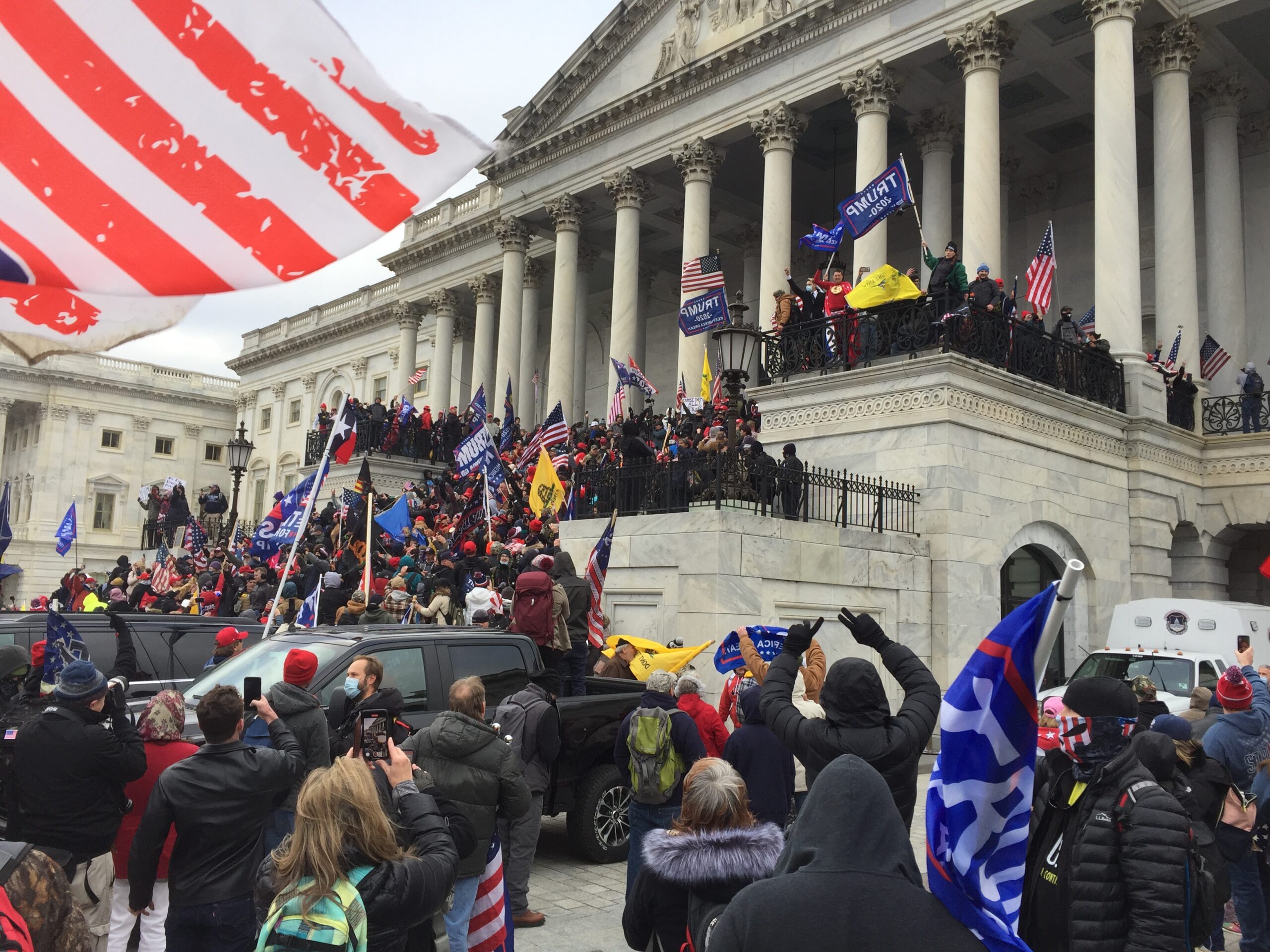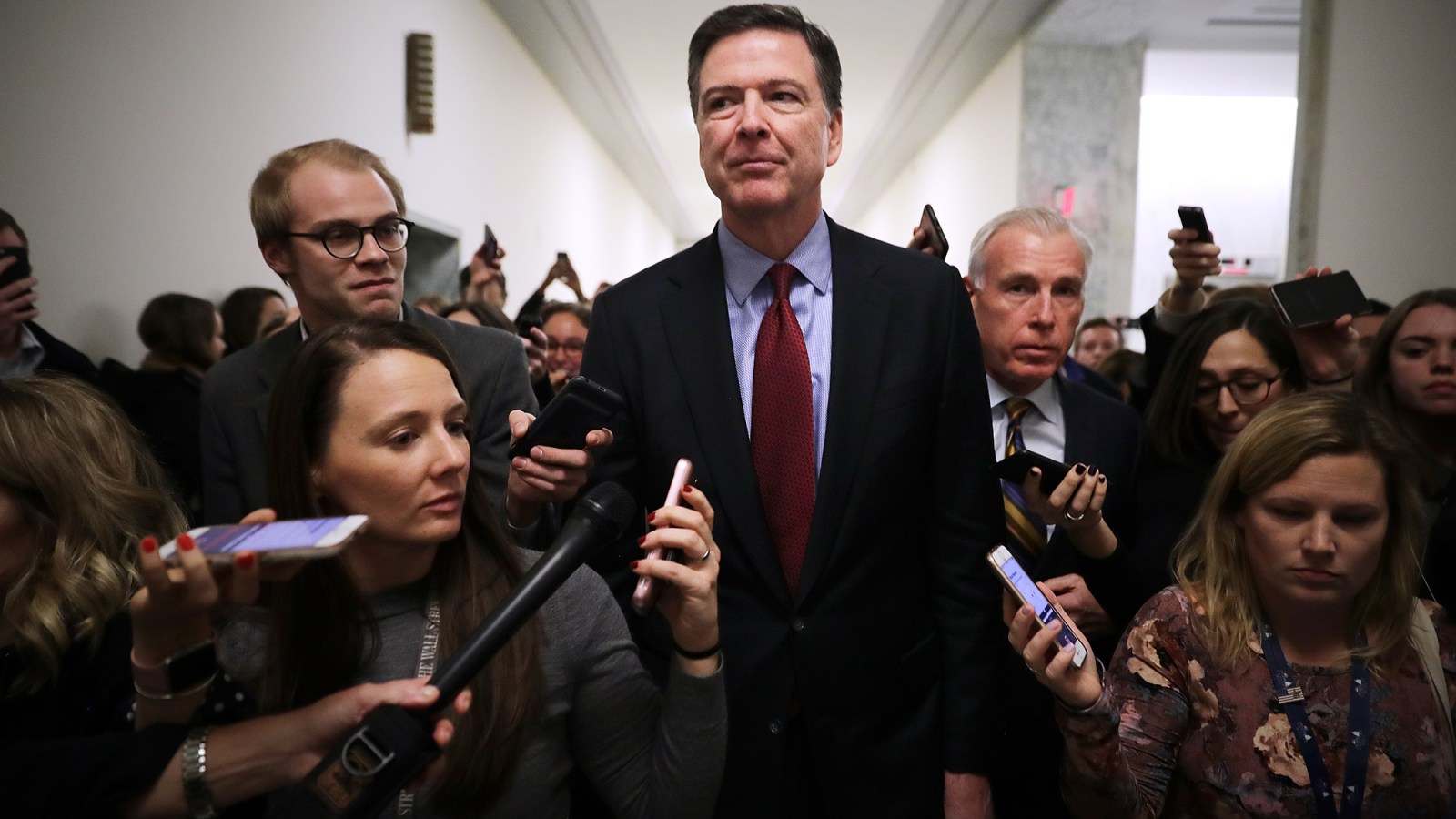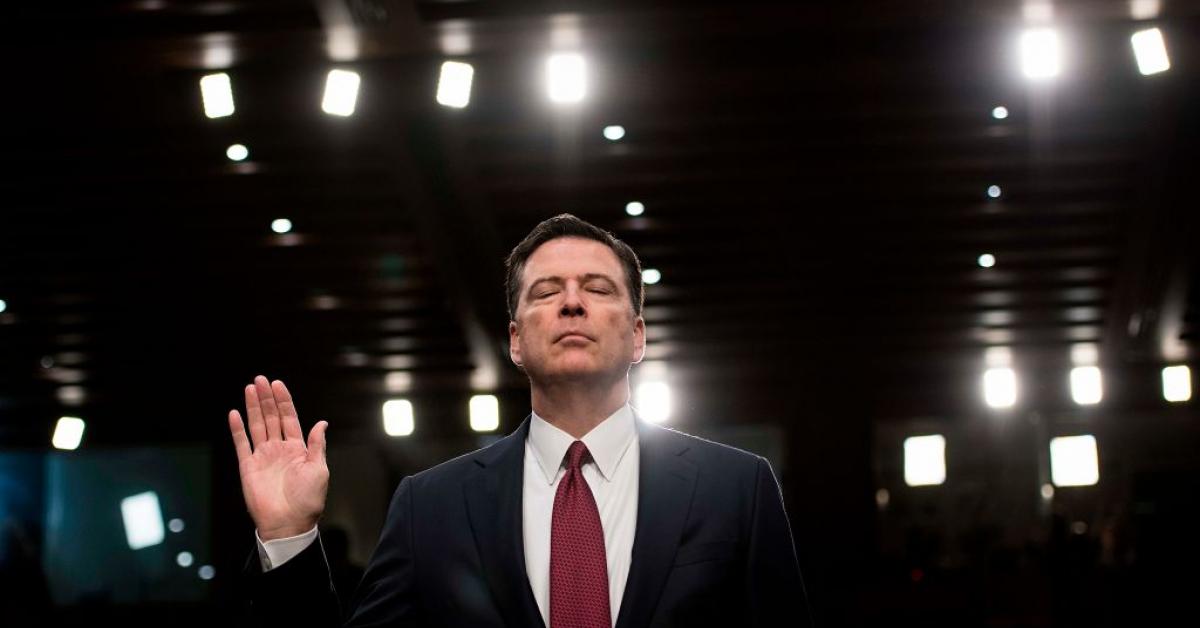sameolds33
Premium Platinum
- Feb 11, 2016
- 6,448
- 4,463
- AFL Club
- Essendon
That was not my quote. My point is that you (or I) are in no position to know if that's an exaggeration or not - just as we don't know what compromises are made before legislation is passed into law so it's dumb to hold one senator responsible for it (which is where this whole argument started.) I do think that the damage caused to the US by the Trump administration will take years to undo, if ever.Again the argument isn't about damaging or undermining democracy....its very specifically about your quote that the US was "perilously close to the brink of collapse as a democratic nation."
I say this is an exaggeration. If you don't think it is then that's cool but argue that point....don't reframe the argument to be about something else like whether its damaging or undermining.





